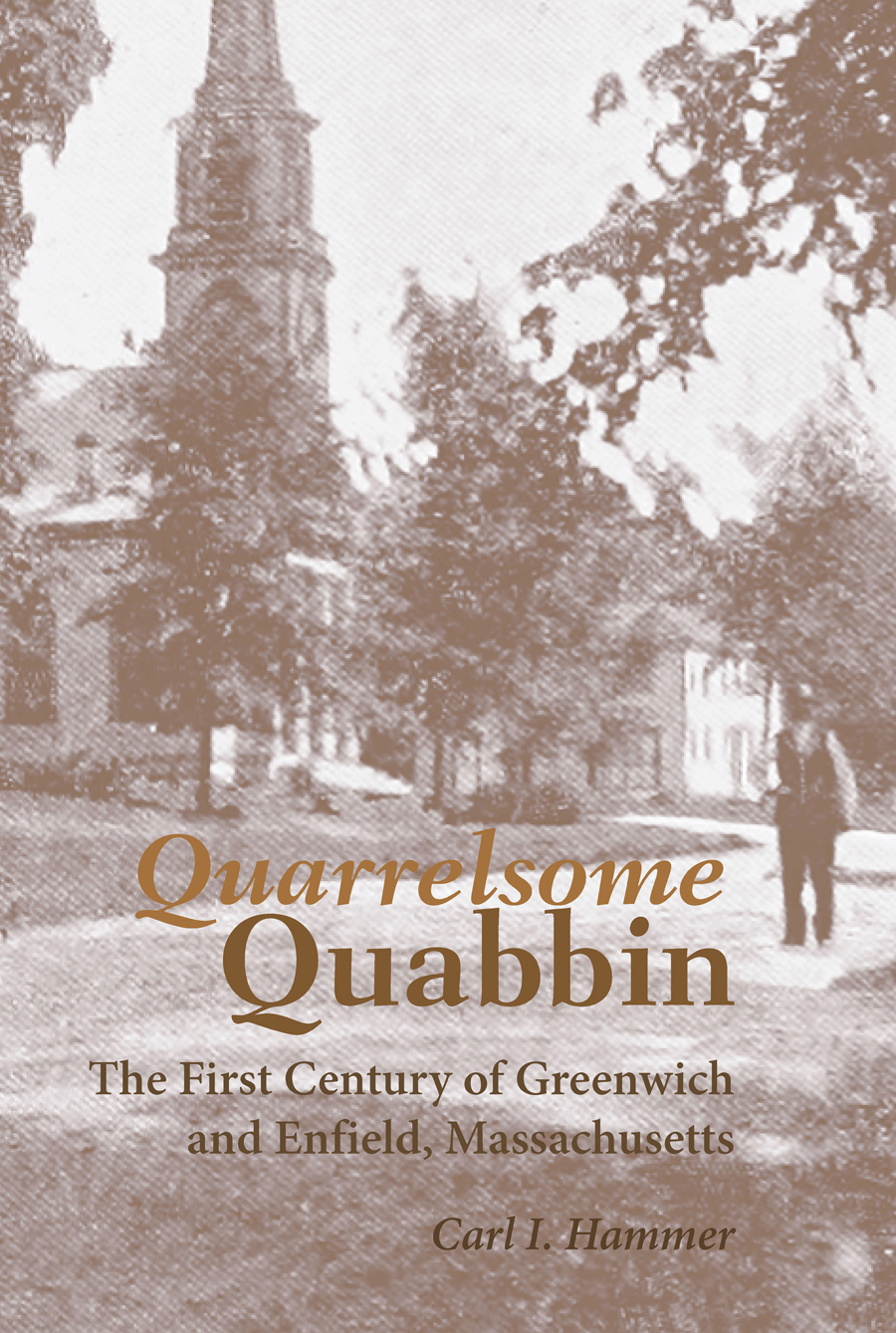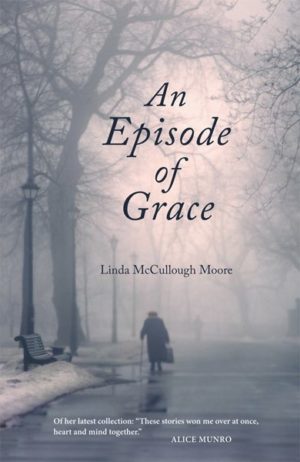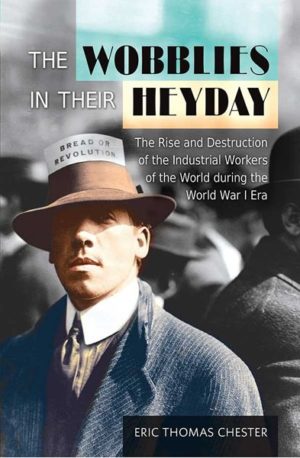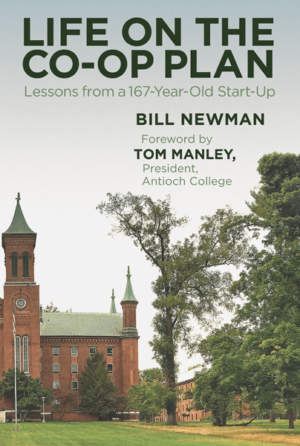Today, when one stands at the south end of Quabbin Reservoir looking north over the water towards the former locations of Greenwich and its southern sister town of Enfield, it is difficult, despite the lovely and peaceful scene, to avoid melancholy thoughts. Those towns, together with Dana and Prescott, were uprooted and flooded in the 1930s — after two centuries of existence — in order to provide fresh water for Boston. The natural reaction is to sentimentalize their histories and to idealize them as secluded, egalitarian arcadias victimized by a rapacious urban commercial society. In fact, during their first century Greenwich and its former south parish, Enfield, were vigorous and highly contentious places, quarrelling bitterly first over the separation of the south parish and then, in 1816, over the division of the town. Thereafter, Enfield enjoyed a brief period of economic growth, but by 1840 that was over, and both towns began the century of decline which ended with their dissolution.
There is a large literature on the Quabbin towns, but virtually all of it concerns the last years of their existence. This is the first book that looks in depth at their first century, a quarrelsome century which was marked by the Revolution, Shays’ Rebellion and the prolonged contest over parish and town division. During that period the two towns developed distinctive personalities and mutual antagonisms which were well remembered by their most distinguished son, Francis Henry Underwood, in his personal remembrance of Quabbin.
Carl I. Hammer graduated from Amherst College and the University of Toronto and has also studied at the Universities of Munich, Chicago and Oxford. After a career in international business, he returned to historical research and has published widely on medieval and early-modern history with academic presses in Europe and North America. He and his wife now divide the year between homes in Pittsburgh and Easthampton where he has developed a new interest in the early history of western Massachusetts. His two previous books on seventeenth-century Hadley and on colonial society in western Massachusetts were published by Lexington Books in 2018 and 2021.










